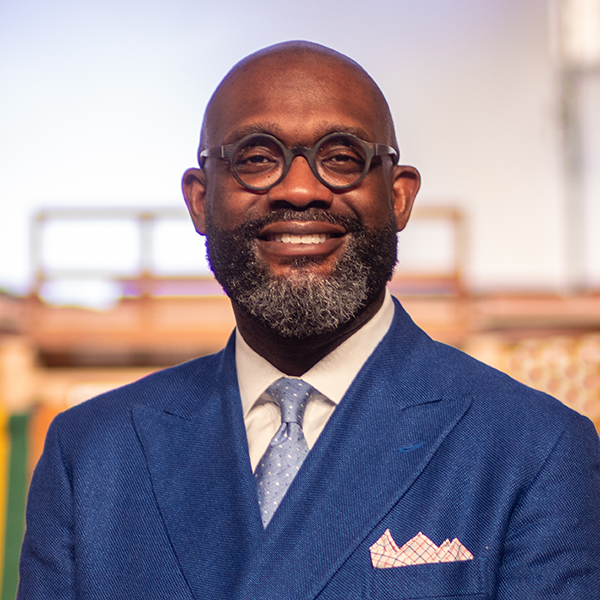On February 3, 2008, I woke up with no people to pastor and no pulpit from which to preach. That may not sound like a big deal, but it was.
For almost nine years, from August 1999 through January 2008, I had been a pastor. I had preached more than 500 sermons in all times and places: Sunday mornings and Wednesday evenings, at revivals, funerals and weddings, in churches, prisons and nursing homes. I served the Lord’s Supper and baptized dozens of babies and more than a few adults. I committed mortal remains to the ground in sure and certain hope of the resurrection. I led meetings, meetings and more meetings, “world without end, amen.”
For almost nine years this had been my life. Now it was gone.
Though I left the pastorate -- at least for a while -- I did not leave ministry. I only changed its form and setting, accepting an invitation to be part of Leadership Education at Duke Divinity. In this new calling, I have learned anew both how much I love pastoral ministry and how difficult the work is. Being a pastor, I now realize, nourished and drained me in body and spirit.
But being out of the pastorate even for a short time has taught me lessons about pastoral ministry that I otherwise might never have known. From my new vantage point in the pew, I’ve been able to see things I had either forgotten or never knew.
Pastors forget how incredibly beautiful their work is
Once, in Tampa, Fla., I watched a man with gnarled hands roll a cigar. It was like watching Max Roach play drums or Miles Davis play trumpet. His every movement was purposeful, sublime and beautiful. I asked him how he worked with such verve.
“Sir, for 40 years I’ve loved each leaf,” he said.
We don’t often consider work to be beautiful. We only consider its result -- a chair well made, a perfectly coiffed hairstyle, a neatly plowed row, a meal artfully presented. But the work itself -- the long and difficult process by which the result is achieved -- is also beautiful. The work itself is meaningful. It is prayer. When we create as our Creator creates, divine-human communication is at its height.
Pastors, however, are so often trapped in the busyness of budgets, deadlines, denominational and congregational politics, and the maintenance of human relationships and buildings that they lose sight of the sheer beauty of pastoral ministry.
The cigar roller had never lost the ability to see the beauty and art of his work. Like him, pastors must love “each leaf” -- sermon preparation, meeting preparation, visitation and teaching. Pastors are so consumed by the enormity of the tree that they forget to love the leaves. There is beauty there.
Ministry, done well, is hard work that requires the pastor’s authentic self
Reflecting on chattel slavery in the nation he helped found, Thomas Jefferson said, “I tremble for my country when I reflect that God is just; that his justice cannot sleep forever.”
When I look back at my nine years as a pastor, I tremble when I reflect on the many tepid sermons, uninspiring worship services and needless meetings for which I was primarily responsible. I could have thought more deeply. I could have managed my time better. I could have shown up more authentically. I could have prayed more.
As one who now sits in the pew, I realize that the people cannot be fooled. They know when pastors have shortchanged them. And God knows when pastors have woefully underused the gifts they have been given, gifts that only arise from the depths of their being. I am not saying: “Do more stuff.” I am saying know and be who you are, deeply and authentically.
The church is the hope of the world
Being out of pastoral ministry for this season has helped me remember why I gave my life to the church. It’s embarrassing to admit, but in the busyness of day-to-day ministry, I had forgotten: The church is the hope of the world. God’s reign is now. Neither nation-states nor economic systems nor military might can renew the world. Only the church can, the body of the One who was bold to say, “Behold, I am making all things new.”
We serve the One in whose kingdom grow trees with leaves “good for the healing of the nations.” Pastors must fight against becoming so bogged down in minutiae that they forget the majesty of the kingdom of which they are heralds. The church has been graciously entrusted with the news the world is dying to hear.
My mind knows that, at least for a season, I am no longer a pastor. But my heart does not. I love the beautiful work of the pastor, and I love those who do it. There is no greater, more complex, or more taxing work. Love the leaves. Know who you are. Remember: The church is the hope of the world.











